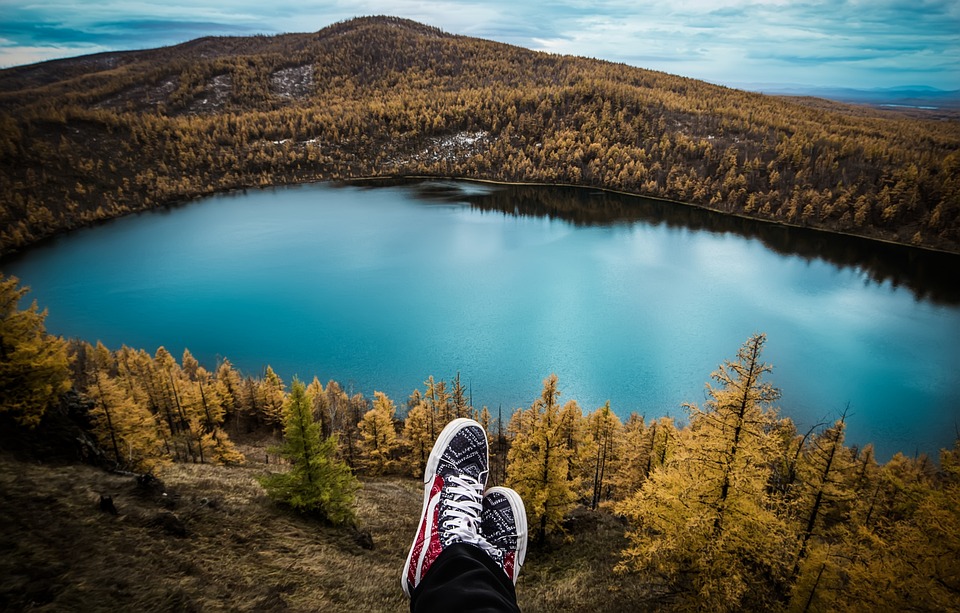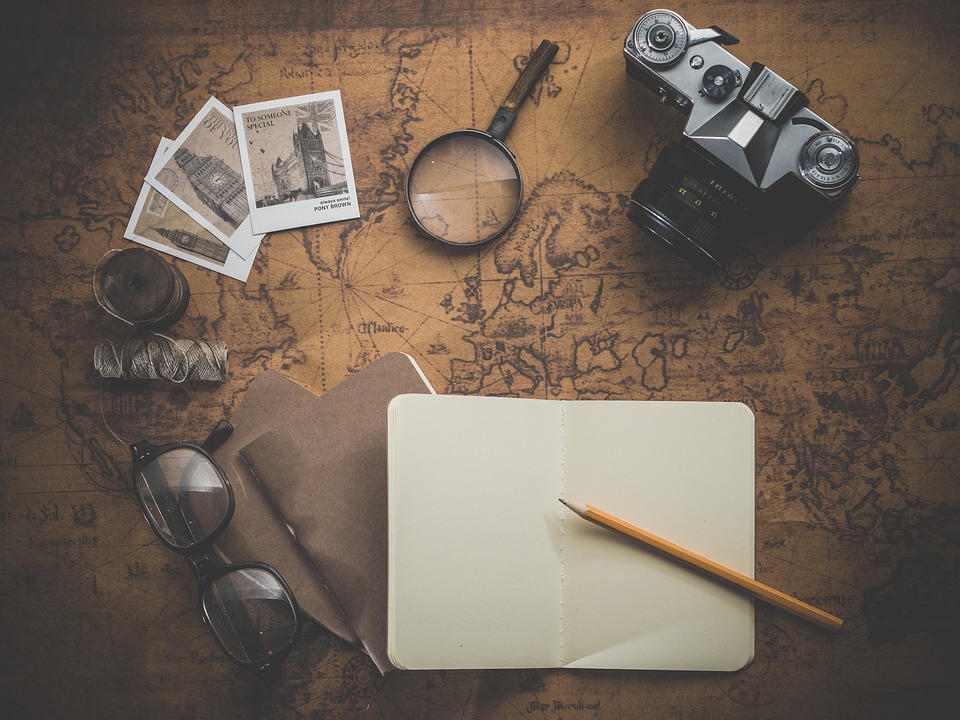10 Essential Travel Tips for Stress-Free Trips
Traveling can be an amazing experience, but it can also be stressful if you’re not properly prepared. To ensure that your next trip is as stress-free as possible, here are 10 essential travel tips to keep in mind.
1. Plan and pack ahead of time
One of the best ways to reduce stress while traveling is to plan and pack ahead of time. Make sure to create a packing list and start packing at least a few days before your trip. This will give you time to make sure you have everything you need and to avoid any last-minute stress.
2. Get travel insurance
Travel insurance can provide peace of mind and financial protection in case of emergencies, such as medical issues, trip cancellations, or lost luggage. Make sure to research and purchase travel insurance well before your trip to ensure you’re adequately covered.
3. Keep important documents safe
Before you leave, make sure to make copies of your passport, visas, and any other important travel documents. Keep these copies in a separate location from the originals, and consider using a secure digital storage option as well, such as a password-protected cloud storage service.
4. Stay connected
Keep in touch with friends and family while you’re traveling so they know where you are and how to reach you. Consider getting an international SIM card or a portable Wi-Fi device to ensure you can stay connected wherever you are.
5. Pack light
Overpacking can lead to stress and inconvenience while traveling. Try to pack only what you truly need and consider versatile clothing and items that can be used for multiple purposes. This will make it easier to move around and avoid excessive luggage fees.
6. Be mindful of your health
Take care of your health while traveling by staying hydrated, eating well, and getting enough sleep. Consider bringing any necessary medications and a first aid kit, and research any health concerns specific to your destination.
7. Research transportation options
Before you arrive at your destination, research transportation options to and from the airport, as well as within the city. Knowing your options and having a plan in place can help prevent stress and confusion upon arrival.
8. Create a flexible itinerary
While it’s important to have a general plan for your trip, it’s also important to leave room for spontaneity and flexibility. Not every moment of your trip needs to be scheduled, and allowing for some downtime can help reduce stress and allow for more enjoyable experiences.
9. Stay organized
Being organized while traveling can help reduce stress and make things go more smoothly. Keep your travel documents, money, and any important items in a secure and easily accessible location, and consider using packing cubes or other organization tools to keep your belongings in order.
10. Have a positive attitude
Finally, one of the most important ways to ensure a stress-free trip is to maintain a positive attitude. Traveling can be unpredictable, and things may not always go as planned. By remaining flexible and optimistic, you can better navigate any challenges that arise and focus on enjoying your trip to the fullest.
By following these 10 essential travel tips, you can help ensure that your next trip is as stress-free as possible. Happy travels!










